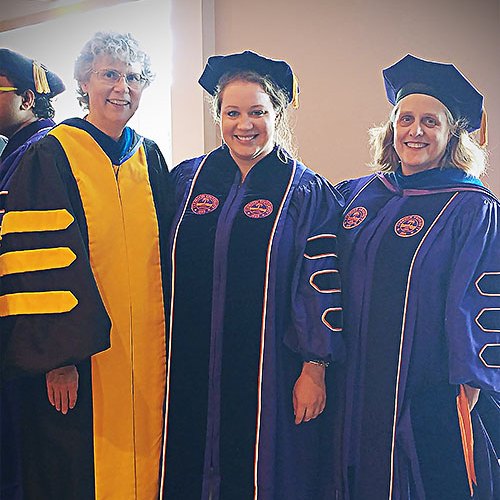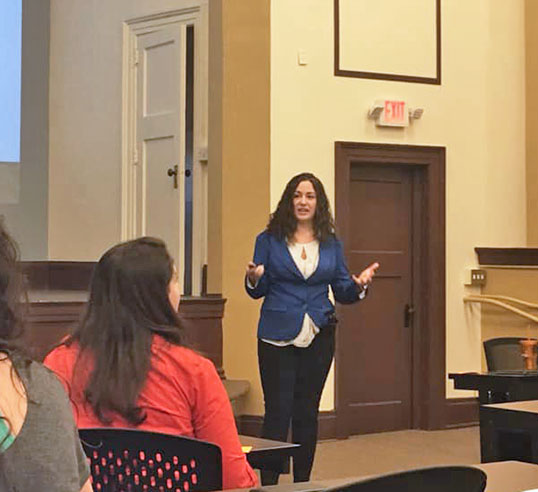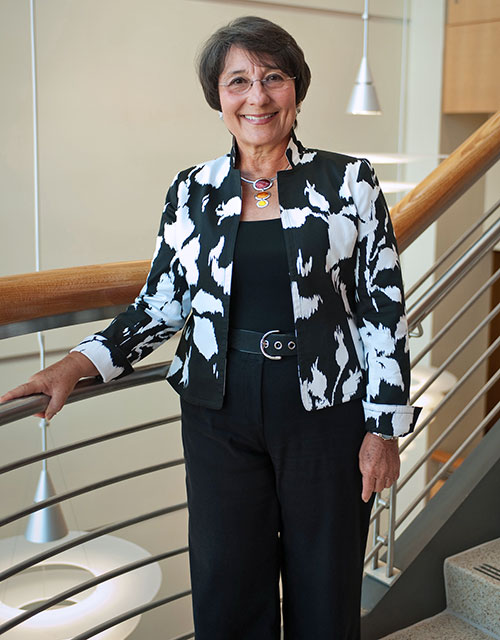Giving to Clemson: Future of Innovation
The future of US and global innovation lies in teaching the science, technology, engineering, and mathematics (STEM) disciplines because the traditional workforce is contracting. Individuals from groups who are not well represented in the conventional workforce can be inspired to pursue careers in the STEM disciplines at all levels to fuel innovation.
The Department of Engineering and Science Education (ESED) is a dynamic community of scholars engaged in ground-breaking research. They seek to understand the connection between motivation and learning in engineering, science, and mathematics education, the role of social capital in determining academic and career choices, approaches to problem-solving, virtual reality, impartiality in higher education, and more.


Academics
Through the research of its faculty and students, ESED creates new knowledge that informs the US and international education policy and instruction in higher education about methods and practices that will attract, motivate, and retain new talent in the STEM disciplines. In support of its vision and mission, ESED also prepares future academics and professionals to serve as inspiring role models.
ESED offers a Ph.D. and a certificate in Engineering and Science Education. For the Ph.D., each doctoral student will choose a research project in conjunction with their faculty advisor. The certificate program is open to any graduate student pursuing a Ph.D. in a STEM discipline, with alumni advancing to top-tier positions at colleges and universities throughout the US.
ESED Programs
ESED History
Department Founding
The Department of Engineering and Science Education (ESED) was founded in August 2006 by the Dean of the College of Engineering, Computing and Applied Sciences, Esin Gulari. Gulari, who served on the National Science Board of the National Science Foundation, had a deep appreciation of how Clemson could contribute to the emerging discipline of Engineering Education and take advantage of Clemson's reputation for research in science education.
At its founding, ESED included General Engineering, which is the first-year student program for engineering majors. Ben Sill was appointed as the founding chair, and two tenure-track faculty were hired. Lisa Benson was the first faculty member hired for ESED.
Program Timeline
- 2008 - Engineering and Science Education Certificate was approved by the Board of Trustees
- 2008 August - Three new faculty members also joined ESED
- 2008 Fall - First ESED classes taught
- 2010 Spring - First group of 15 students completed certificate
- 2010 - ESED reorganized as a separate department from General Engineering
- 2011 August - Engineering and Science Education Ph.D. approved, and the first students enrolled
Mission
The mission of ESED is to prepare doctoral students who will inspire the next generation of engineers, scientists, and mathematicians by creating and communicating new knowledge through robust research in education and teaching at the foundational levels of the STEM disciplines.
Vision
The vision of ESED is to be an international leader in engineering science, and mathematics education through discipline-based education research; preparation of future faculty, leaders, and change agents; and translation of research to practice through inclusive, evidence-based curricula and programming.


